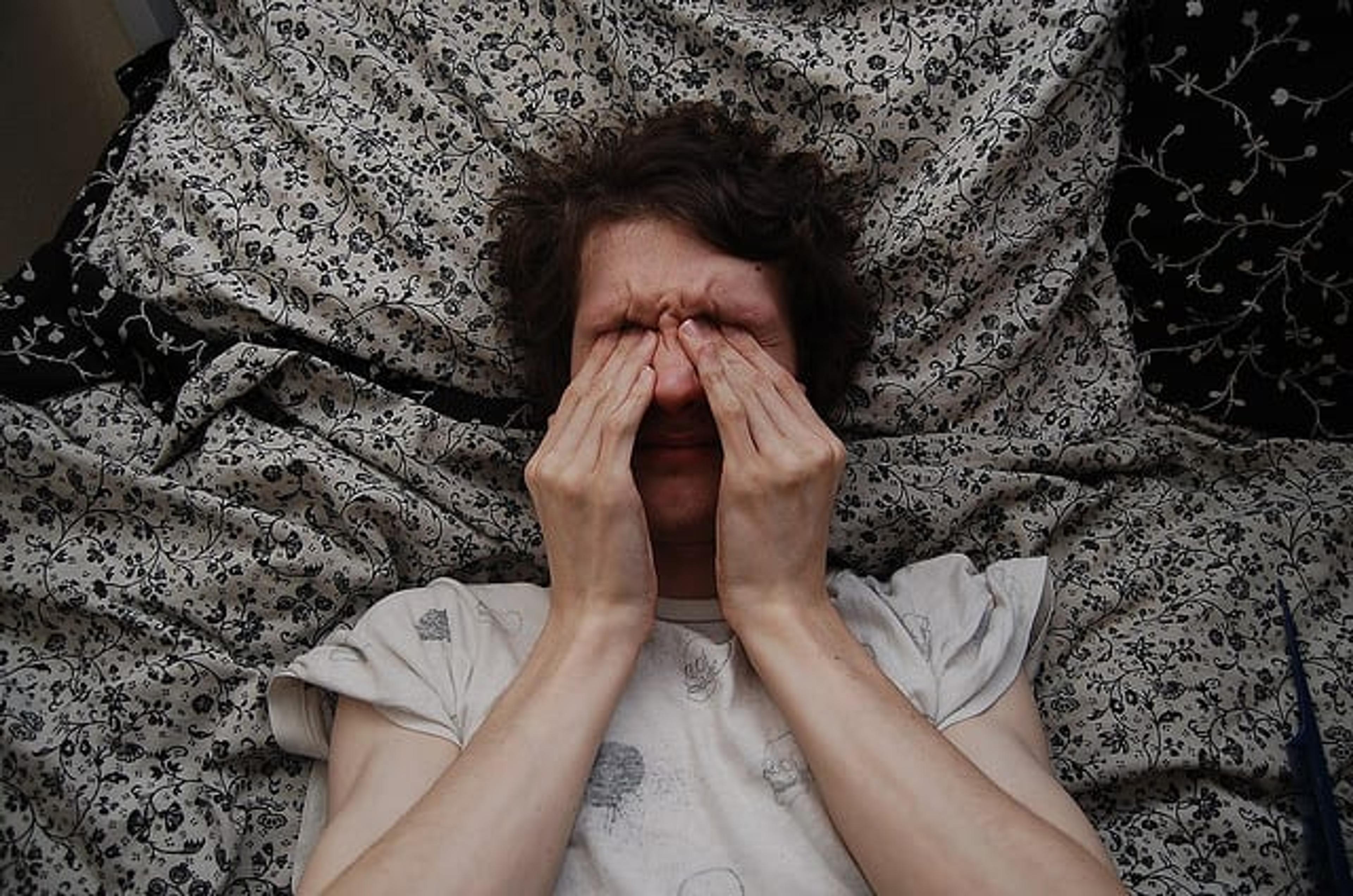The most famous case of pink eye ever
| 2 min read

After being sidelined in Sochi with a nasty case of pink eye, Bob Costas is officially back in action. But while his eye may have healed, the image of his infection will live on forever in viewers’ minds long after the closing ceremonies on February 23rd.
Though his condition may have turned into one big parody (his eyes even got their own Twitter account), it has also brought to light more important issues surrounding the causes and symptoms of this infection.
How do you get pink eye (also called conjunctivitis)? What should you do if you or someone around you becomes infected? Here are the facts:
Pink eye is one of the most common and treatable eye conditions and can occur in people of all ages. According to the Center for Disease Control and Prevention (CDC), there are four main causes of this condition:
- Infections caused by viruses or bacteria (these two types are contagious and are what most people think of when they hear “pink eye”)
- Dry eyes from lack of tears or exposure to wind and sun
- Chemicals, fumes or smoke (chemical conjunctivitis)
- Allergies
And while the most common symptom is in fact a pink eye, not everyone experiences this condition. Other signs can include:
- Increased amount of tears
- White, yellow or green eye discharge
- Itchy eyes
- Burning eyes
- Increased sensitivity to light
- Gritty feeling in the eye
- Crusting of the eyelids or lashes
If you experience any of these symptoms, it’s important to contact your doctor immediately. Because pink eye can be highly contagious, the CDC recommends taking the following precautions if you or someone you come into contact with becomes infected:
- There isn’t usually medication that can treat it, so you need to be incredibly careful about not spreading it. Avoid touching the eye area and wash your hands frequently.
- Never share towels or handkerchiefs and always throw away tissues after each use.
- Disinfect surfaces like counter tops, sinks, and doorknobs.
Photo credit: katiecooperx





